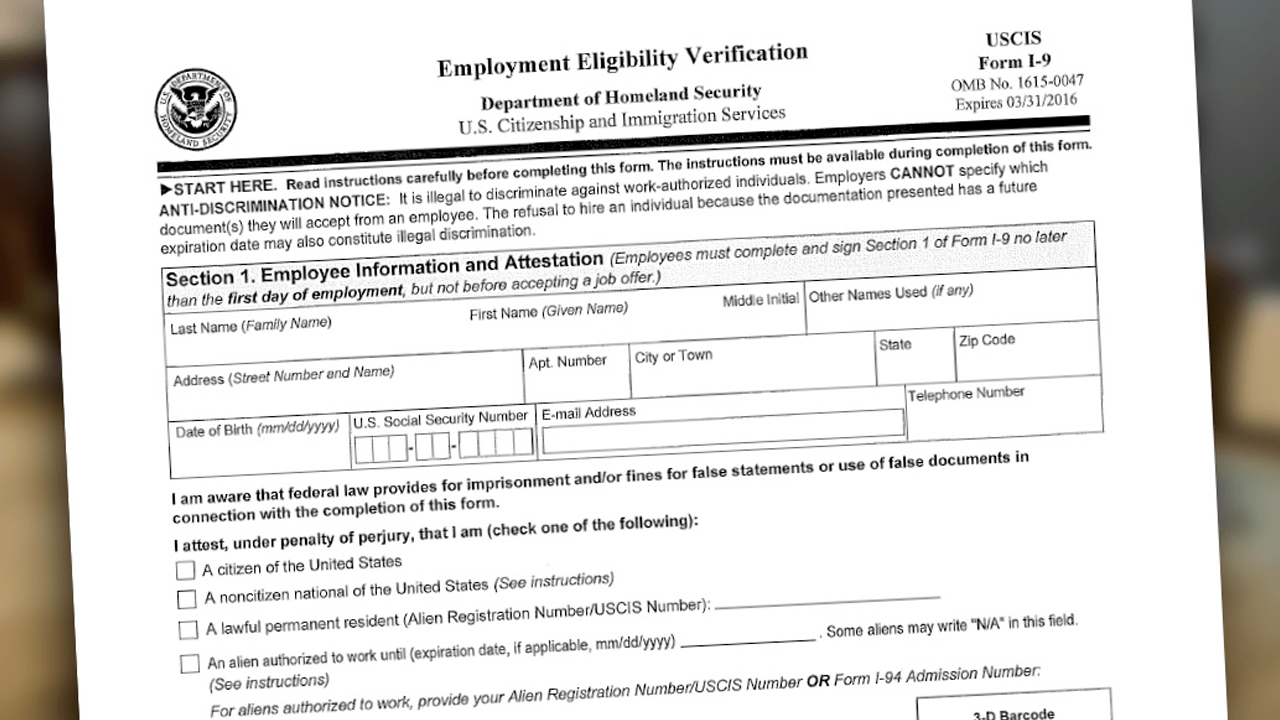“How much should we pay this position?”
Clients are often asking us this question, so I’d thought I’d do my best to lay it out step by step for employers who need guidance to determine how much to pay for a position.
Tip: the pay should be determined MOSTLY on the position itself and not the person. Value is determined by the complexity of the role: the experience required, the skills required, and the level of responsibility needed.
- Write out a detailed job description with actual current duties and responsibilities including software and technology systems being used. Like, a REAL job description, not one googled or borrowed.
- Find out what your competitors are paying for the same role (be cautious of inflated titles) and make sure the company size/revenue is similar. That should at least give you a range to work with. Utilizing websites such as Glass Door for entered salaries are helpful, as well as job boards such as Indeed provides insight to what companies are paying for current vacancies.
- Always post the pay range and make sure that the range is aligned with the department’s budget. Find out the absolute max budget and keep the posted range 5% lower than the absolute max.
- If there are quality candidates coming in, you’re on the right track as far as determining the value. If not, then increase the pay rage by another $5,000.
- When interviewing, you CAN ask for salary expectations and desired salary – but you cannot ask for a salary history in some states.
- Ask technical questions that are directly related to the position by divulging a current department challenge and to see how the candidate will take on that challenge or potentially solve that problem.
- If the candidate will bring immediate value and resolution to current company challenges, I would utilize that extra 5% max cushion.
I would caution making an offer that you are not comfortable with or making an offer out of desperation. When offers are high above the original budget set, expectations of the candidate may end up being unrealistic because management is just seeing a number. If a candidate is asking for too much, it’s okay to move on and continue the search. It ends up benefiting both parties to allow the candidate to secure employment with a company that is more comfortable paying their salary.














